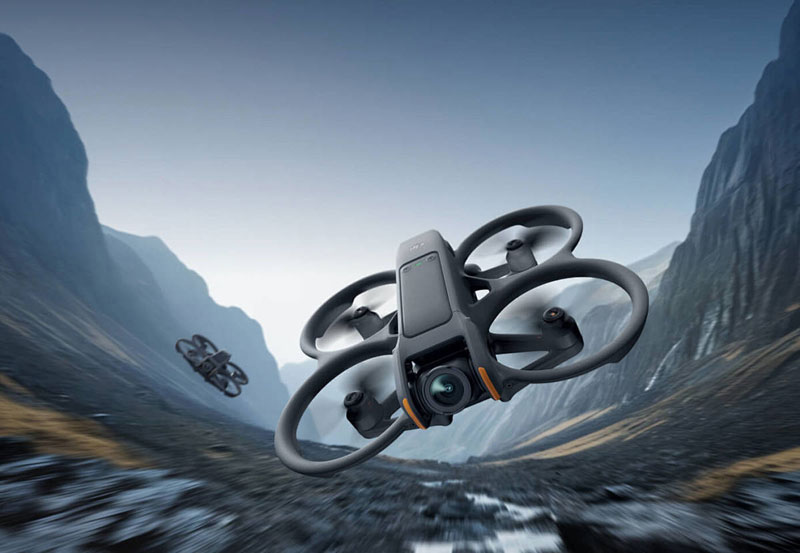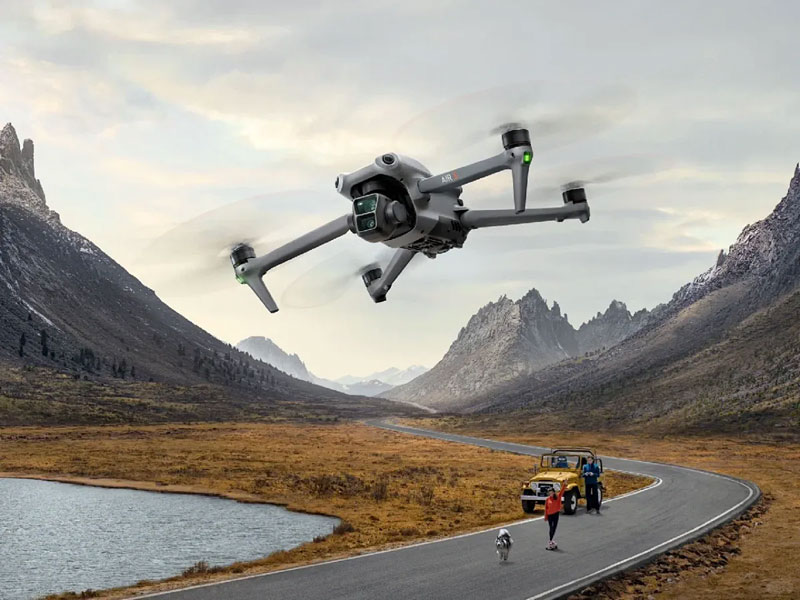Since the dawn of modern warfare, the role of United States military drones has evolved significantly, becoming a central element in strategy and operations across global combat zones. The utilization of drones by the United States military heralds a transformative era in warfare, enhancing strategic capabilities while introducing ethical and operational complexities.
Evolution in Military Strategy
Military drones, or unmanned aerial vehicles (UAVs), have redefined combat strategies. These advanced machines enable surveillance and reconnaissance missions with unparalleled precision, allowing military forces to gather intelligence more efficiently than ever before. The drones equipped with cameras and sensors offer real-time data, proving crucial in making informed decisions on the battlefield.
Operational Flexibility
The deployment of United States military drones offers unmatched operational flexibility. Drones can navigate hostile environments where manned aircraft face significant risks. This capability reduces human casualties, making drones an invaluable asset in dangerous conditions. UAVs can deliver supplies, provide close air support, and conduct search and rescue operations, emphasizing their versatility in military applications.
Enhanced Surveillance and Intelligence Gathering
United States military drones play a critical role in intelligence gathering and surveillance. Equipped with advanced technology, they can monitor enemy movements, analyze terrain, and assess threats from a safe distance. This surveillance capacity has transformed how the military approaches conflict zones, allowing for proactive measures based on real-time information.

Technological Advancements
Innovation drives the development of military drones in the United States. Technological advancements have led to drones with improved stealth capabilities and extended operational reach. The integration of AI and machine learning enables autonomous operation, increasing efficiency in missions while reducing the need for human intervention.
Ethical and Moral Concerns
The deployment of drones raises ethical and moral questions in warfare. Issues surrounding surveillance, privacy, and the potential for collateral damage have sparked debates among policymakers and human rights groups. Ensuring that actions comply with international law and maintaining transparency in operations are critical to addressing these concerns.
Future Prospects
As military technology continues to advance, the future of United States military drones promises further enhancements in warfare tactics. The integration of drones with other emerging technologies, such as cyber defense and space-based assets, suggests an era of dynamic and adaptive combat operations. Continuous research and development hold the prospect of further revolutionizing military strategies.
Impact on Global Conflicts
United States military drones have significantly impacted global conflicts. Their role in intelligence and precision strikes influences geopolitical dynamics and reshapes military alliances. Drones provide nations with the means to assert power without full-scale troop deployment, changing the landscape of international conflicts.
FAQs
- What are the advantages of using drones in military operations? Drones offer increased surveillance capabilities, operational flexibility, and reduced risk to human life, making them an ideal choice for complex military tasks.
- How does the United States address ethical concerns surrounding military drones?
 The US military prioritizes compliance with international laws and strives for transparency to mitigate ethical and moral concerns associated with drone usage.
The US military prioritizes compliance with international laws and strives for transparency to mitigate ethical and moral concerns associated with drone usage. - What future advancements can be expected in military drone technology? Future advancements may include improved autonomy, integration with AI, enhanced stealth, and broader operational capabilities, fundamentally altering modern warfare.
